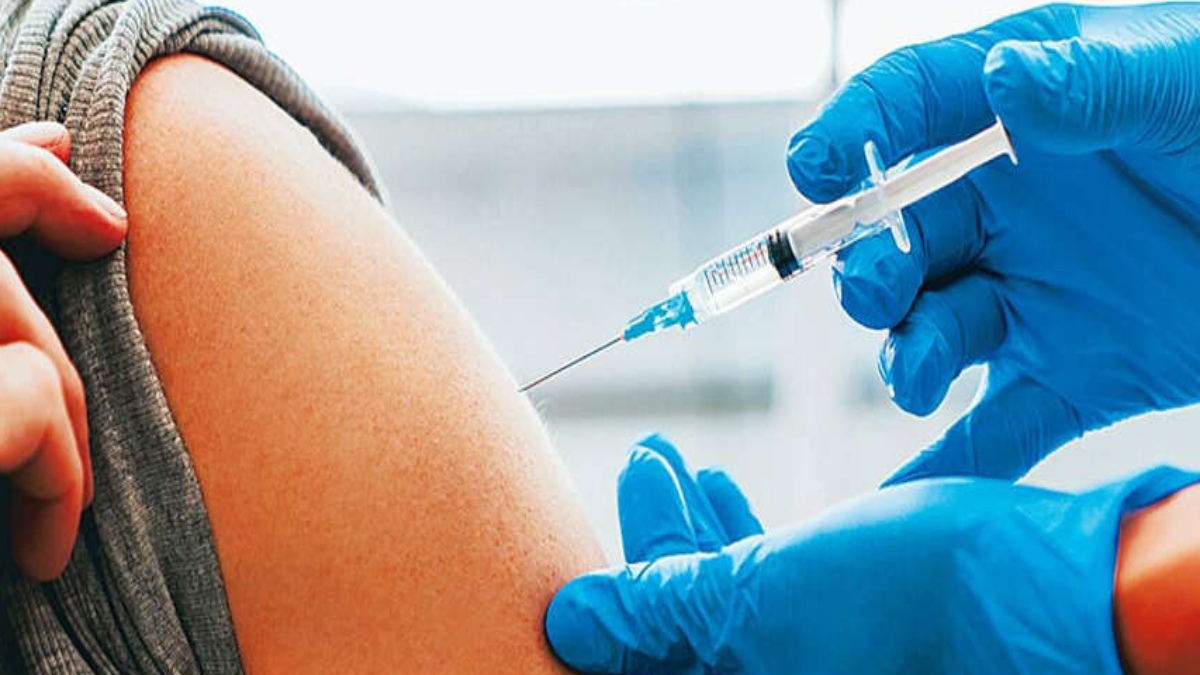


Vaccination is one of the greatest miracles of modern science. Vaccines are humanity’s best chance of ending the pandemic that has claimed over 45 lakh lives. Over 500 crore doses have been given worldwide, and 25% of the global population (190 crore people) has been fully vaccinated in the last eight months.
In the UK, 62 % of the population is fully vaccinated, and the number of daily cases came down from over 67,000 in Jan 2021 to less than 2000 in May, before again rising to a peak of 47,000 in July. The recent surge is attributed to the young un-vaccinated population, especially as the Delta variant is more contagious.
A critical lesson from the UK is that we need to do universal immunisation at the earliest. India has over 41% of the population below 18 years, which will not be vaccinated in the present drive, leaving 57 crore young people vulnerable. The next wave may affect the young, not because the Delta variant is more contagious for the younger population but simply because this population has not been vaccinated. As schools and colleges reopen, we must simultaneously start vaccinating children below 18 to prevent another wave. Till recently, Pfizer was the only vaccine approved for ages below 18. India should procure the Pfizer vaccine and reserve it for children. Last week emergency use approval was granted to Zydus-Cadila’s vaccine, the world’s first DNA-based vaccine, for age 12 and above, but it will take time to ramp up the production.
The efficacy of a single dose of vaccine is much lower than two doses. A study conducted by the Public Health England (PHE) has found that AstraZeneca (Covishield) and Pfizer vaccines provide only 33% protection against Delta variants after the first dose. Two weeks after the second dose, the Pfizer vaccine was 88% effective, and the AstraZeneca vaccine was 67% effective against the Delta variant.
More than 71% of the population in the UK and 62% in the USA had received at least one dose, yet the number of Covid cases spiked again in July. Although India has administered more than 58 crore doses, less than 10% of the population has been fully vaccinated. Thus, although a single dose may reduce the incidence of serious illness, the population remains venerable to Covid infection. As per experts, herd immunity will be achieved when over 70% of the population is fully vaccinated.
During the second wave, the colossal suffering in India is a clear testament that we need to vaccinate the population expeditiously. India can easily do one crore shots a day, subject to the availability of vaccines.
All viruses mutate, and the larger the number of people infected, the greater are the chances of a mutation. Thus the faster we achieve double vaccination, the lesser will be the spread of Covid, significantly reducing the likelihood of newer mutations emerging.
The writer is Founder, NeuroEquilibrium & Healthcare Thought Leader.